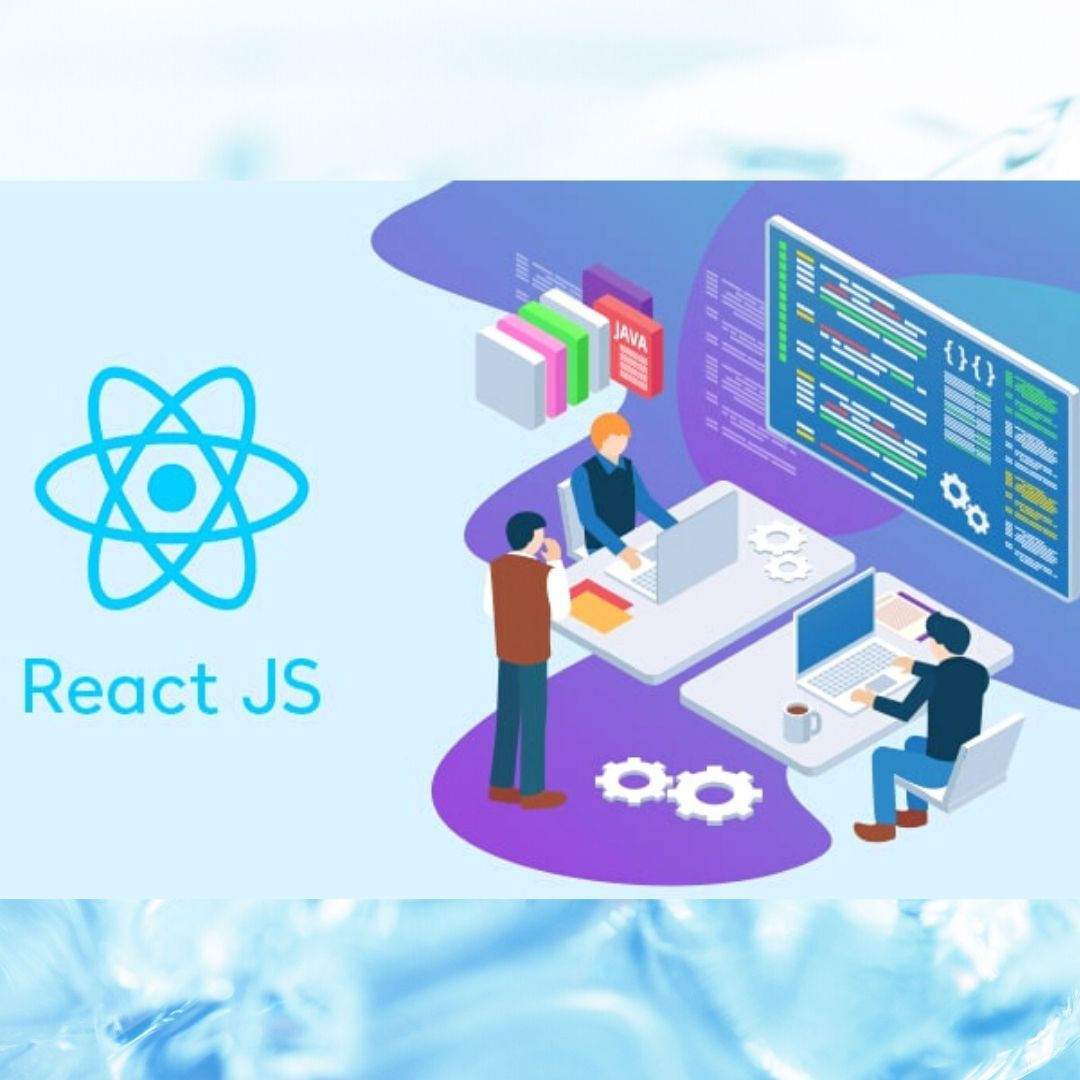Future of ReactJS Developers

What is ReactJS?
React. JS is an open-source JavaScript library designed to build user interfaces, in particular for single-page applications. ReactJS is used for managing the view layer for mobile and web apps. React JS enables the user to create reusable UI elements.
It is difficult to build a dynamic web application with HTML strings because of complex coding. However, this problem has been solved by Javascript and reactJS. It uses the JSX, which is a particular syntax that allows rendering different subcomponents using HTML quotes and HTML tag syntax. It also supports the development of machine-readable codes and mixes the components into a file with an individual time variable.
Learn React JS Online which guides you on how to use ReactJS to develop single-page applications.
Here given below discuss why ReactJS is the best choice to create a website:
- React helps you to build components in code that can be reused without writing new code as needed.
- The modules are easily understood and help how to render each component without having to perform the flow of the program.
- Team members can easily work faster because the information is simple to understand and track.
- ReactJS can be delivered directly to the server, making your website more active and incredibly low-priced to SEO.
- Web application development based on custom bootstrapped components
- API integration with React JS application
- Complete UI development with React JS
- Pixel perfect application development
- ReactJS e-commerce development
Easy integration
It allows integrative modules for routing management, application status, etc, and has a large and active community of developers.
Virtual DOM
It is the abstraction in memory of the components of UI and offers effective management of changes in DOM.
Sharing the code between server and client
Unlike other client-side libraries, is an isomorphic library and this property allows the pages to be rendered also on the server-side.
Learn Java Online Course to enhance your programming knowledge.
ReactJS developers have a bright future ahead as the framework is used in several industries and React developers are currently getting lucrative pay salaries when compared to other web development technologies.
In Conclusion, Learn how to use React.js, from beginner to advanced level techniques, with the help of React Online Course by industry experts.
TAGS:
Roles and Responsibilities needed for Selenium Tester
Different Components of SAS
FacebookTwitterWhatsAppShare